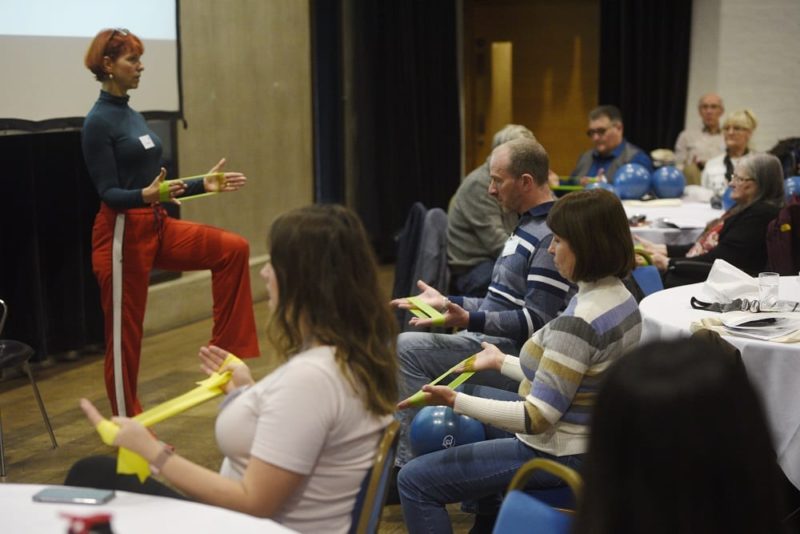
Managing Pain With Alkaptonuria
Joint pain is a serious and debilitating symptom of AKU. Inadequate pain control may lead to limited use of the affected joint, reducing its range of movement.
Physical and occupational therapy are important to maintain muscle strength and flexibility. A programme of swimming or hydrotherapy is ideal since this puts less strain on the joints. Avoiding manual labour or high impact sports, which can stress the spine and large joints, may help delay the progression of osteoarthritis.¹
Pete Moore’s Pain Toolkit is a useful resource for managing pain effectively. Pete used his own experience of living with chronic pain to develop the toolkit, providing useful tips and advice for managing pain, with a focus on accepting limitations, making adjustments and setting goals and targets. The Pain Toolkit is available to download for free and is translated into several languages.
Regular use of anti-inflammatory drugs (NSAID), in combination with painkillers, can help manage alkaptonuria.
Joint replacement surgery is also used as a form of pain relief when joints become too damaged. Some AKU patients may also require surgery for kidney, bladder or prostate stones.
Patients who attend the National AKU Centre (NAC) receive one-to-one appointments with a doctor specialising in pain management. Following an assessment at NAC clinics, patients may receive pain relief as required.
Exercise With Alkaptonuria
Staying active with light exercise can help slow the progression of osteoarthritis, as it keeps joints healthier. Contact sports, which put strain on the joints, should be avoided. Many patients feel they benefit from swimming and hydrotherapy, reporting reduced joint pain and stiffness. Physiotherapy can also be good for AKU patients.
Our Head of Patient Support and Welfare, Lesley is a trained move it or lose it instructor. Lesley runs chair-based exercise classes at our patient workshops, demonstrating light exercises that patients can do at home to maintain strength and keep joints supple. She is very happy to arrange individual sessions with patients at their home if necessary. To contact Lesley, email [email protected].
